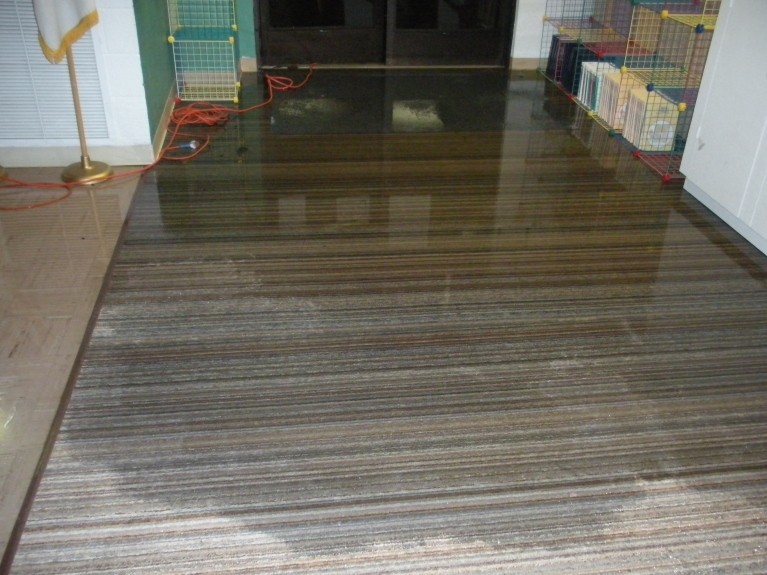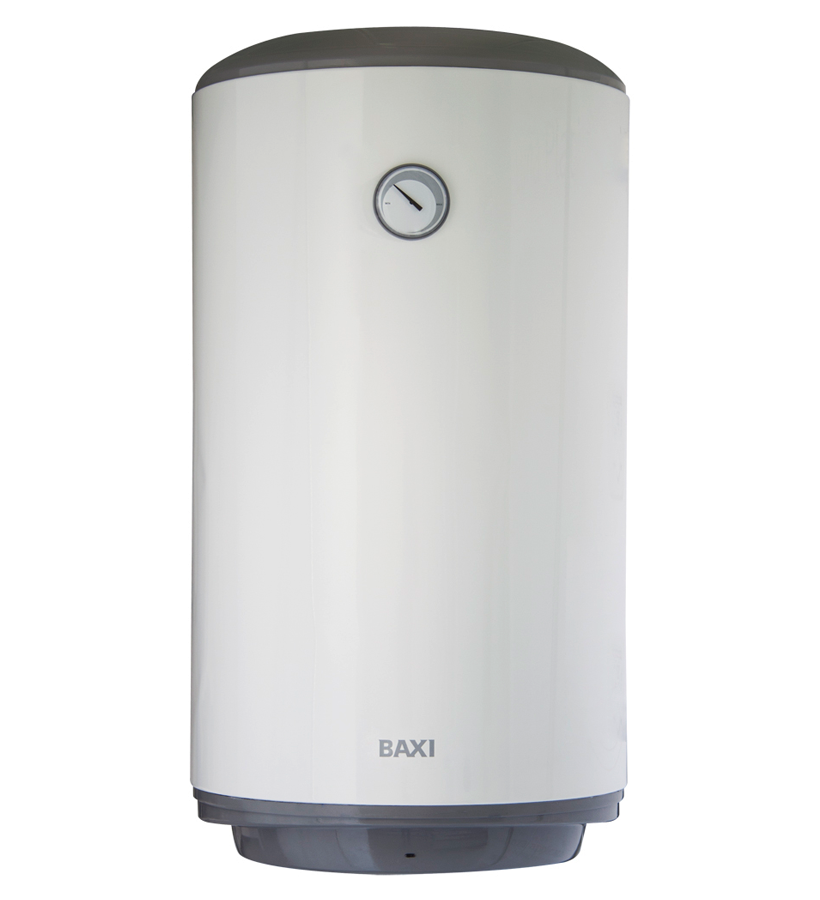Key Measures for Residential Property Owners Managing Faulty Water Heaters
Key Measures for Residential Property Owners Managing Faulty Water Heaters
Blog Article
The article following next pertaining to How to Avoid a Broken Hot Water Heater is seriously captivating. Read it for yourself and decide what you think about it.

Whether it is located in the cellar or a different space, busted water heating systems can trigger anxiety. Having no warm water supply is also problematic.
Turn Off Power Source
Prior to calling the plumber, shut down a gas hot water heater by transforming the temperature level dial. This is usually located at the top of the thermostat. If you have a model that runs on electric power, turn off the breaker. This will certainly protect against electrocution, particularly if there is a leakage as water is a conductor. Typically, the burner shuts down when the water strikes a certain temperature. With a broken container, it might malfunction. Sufficing off ensures you stay safe.
Cut Off the Cold Water Supply
Cut off the containers faucet water supply from the source. This goes from your major water line into the container. When your tank remains in good condition, the cold water stops filling up when the container is complete. Since it is dripping, the water will proceed to move. Close the valve discovered at the top of the heating system. Turn this clockwise to shut it off. If you can not find it or reach it, you should turn off that major water line outside your residential property.
Call the Plumber
After doing the initial two safety and security steps, you have to call your plumber to find as soon as possible to repair a burst hot water heater. However, bear in mind that your unit will certainly not just conk out dramatically overnight. There are generally indications that your aging hot water heater has debris buildup in the inside. Remember of the following:
Do not wait for major flooding to call the plumber. By then, you will have to spend even more to recover your residential or commercial property. Rather, as quickly as you detect these indicators, have actually a specialist come to evaluate your hot water heater give thanks to. Typically, hot water heater have a lifespan of regarding 8 to 12 years. With normal inspection and also upkeep, you can extend its life.
Tidy up Residential or commercial property
After calling the plumber, record damage by bearing in mind and also photos so you can declare your house owner's insurance coverage. From there, start the prompt cleaning. Get any vital possessions to prevent additional soaking. Remove any kind of standing water to protect against mold and mildew and mold growth. If you have a submersible water pump, utilize that to drain the water. Or else, the conventional bucket approach will certainly also function. Try to wipe out every little thing, including walls as well as walls. If you have an electrical follower and dehumidifier, maintain them running to maintain air distributing. This will certainly assist deter mold and mildew growth.
Remember, if you discover any kind of concerns with your water heater, call the pros as soon as possible. You can not take this issue lightly because a faulty thermostat can increase water temp to a hazardously high level, causing unintentional burns. A broken heater stress relief valve can likewise cause a surge. For ideal results, get a yearly check so your device obtains examined, cleansed, drained, as well as filled up, ensuring optimum performance.
Whether it is situated in the cellar or a different area, busted water heating systems can cause tension. Prior to calling the plumber, closed off a gas water heating unit by transforming the temperature level dial. After doing the first 2 safety steps, you should call your plumber to come right away to fix a ruptured water heater. If you have a submersible water pump, use that to drain the water. Keep in mind, if you observe any kind of problems with your water heating unit, call the pros right away.
8 REASONS YOUR HOT WATER HEATER IS NOT WORKING & HOW TO FIX
Water Heater Problems & Solutions
Loose or Damaged In-Line Valve
Unlike a water leak near the bottom of your water tank, a water leak on top of your system can be easily fixed. A common cause of water tank leaks includes a loose in-line valve. This is a handle that is located at the top of the water tank that is engineered to activate or deactivate the flow of water. To fix this problem, you will need to secure the nut that holds the ball or in-line valve in its location. If the leak becomes more severe once it is tightened, you will be required to travel to your local hardware store to purchase a new in-line valve for your water heater.
Damaged Pressure Relief Valve
Most types of water heaters are equipped with a pressure relief valve that is engineered to discharge pressure from the water tank when it becomes too high. If this valve on top of your water heater begins to leak, we recommend purchasing a new one online or from your local store. The process of removing and replacing pressure relief valves is not complicated.
No Warm Water
If you have an electric water heater in your home, the most typical cause of a lack of warm water is a broken heating element. Your water heater is equipped with two heating elements that are tasked with heating incoming water in the water tank. Once a heating element begins to malfunction, you will have little to no hot water to use for showering, cleaning, and laundry.
Low Supply of Hot Water
Are you continuously running out of warm water? This issue may be a byproduct of a cracked dip tube. This tube is engineered to push cold water to the base of your water tank to be heated. Once a crack or hole begins to form in the dip tube, the incoming supply of cold water may be released near the top or middle of your tank. As a result, the cold water on top of the tank will be sent to the faucets and showers in your house. This hot water heater problem can only be fixed by replacing the dip tube on your system. Since the process of installing a new dip tube is complex, we recommend calling a certified technician for help.
A low supply of warm water may also be a signal of excess sediment buildup in your water tank. As your water heater reaches the middle of its life cycle, minerals in water including magnesium and calcium will begin to collect at the base of the water tank. As the minerals continue to grow, there will be less room in the water tank to store hot water. To resolve this problem, flush your water heater to remove the excess minerals.
Water is Too Warm or Cold
If the water in your shower feels uncomfortable hot or cold, you can adjust the temperature of your water by changing the settings on your thermostat. Setting the temperature to 120 degrees Fahrenheit may help you save money on your utility bills. This is an excellent temperature to use if you’re worried about scalding or skin irritation. Does this temperature feel too cold? You may also adjust the thermostat to 140 degrees Fahrenheit to make your showers more pleasant. If your hot water heater is not working when you change the temperature, this is an indicator of a broken thermostat. Immediately find a certified plumbing or heating contractor in your area to repair or replace your thermostat.
Low Water Pressure
Low water pressure is not always caused by a malfunctioning water heater. If you live in an older home with smaller water pipes, the flow of water will be restricted prior to reaching our kitchen or bathroom skins. The only way to eliminate this hot water heater problem is to connect new ¾-inch water lines to your system. Another type of problem that may negatively impact your water pressure includes calcium deposits in water pipes.
As magnesium and calcium begin to form in your pipes, the diameter of your water lines will become smaller. As a result, the warm water from your water heater will not be able to travel in an efficient manner to your sinks or appliances. Since the process of replacing water pipes includes removing drywall, an average homeowner that does not have a plumbing license will not be able to fix this hot water heater problem.
https://www.wmhendersoninc.com/blog/8-reasons-your-water-heater-is-not-working-how-to-fix/

As an enthusiastic person who reads about Water Heater Repair, I was thinking sharing that piece of content was really useful. Do you know someone else who is very much interested in the niche? Take a moment to promote it. Thanks for taking the time to read it.
Schedule Today Report this page